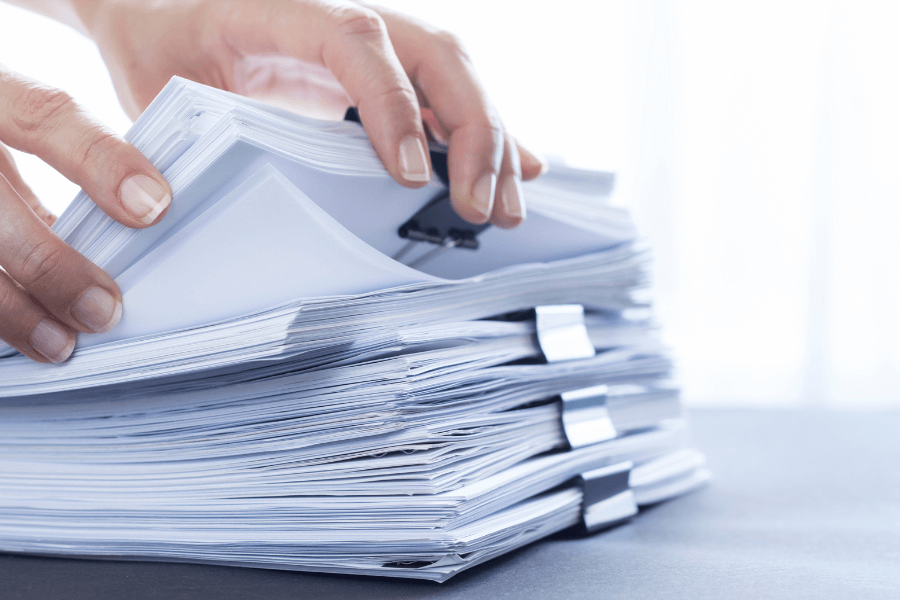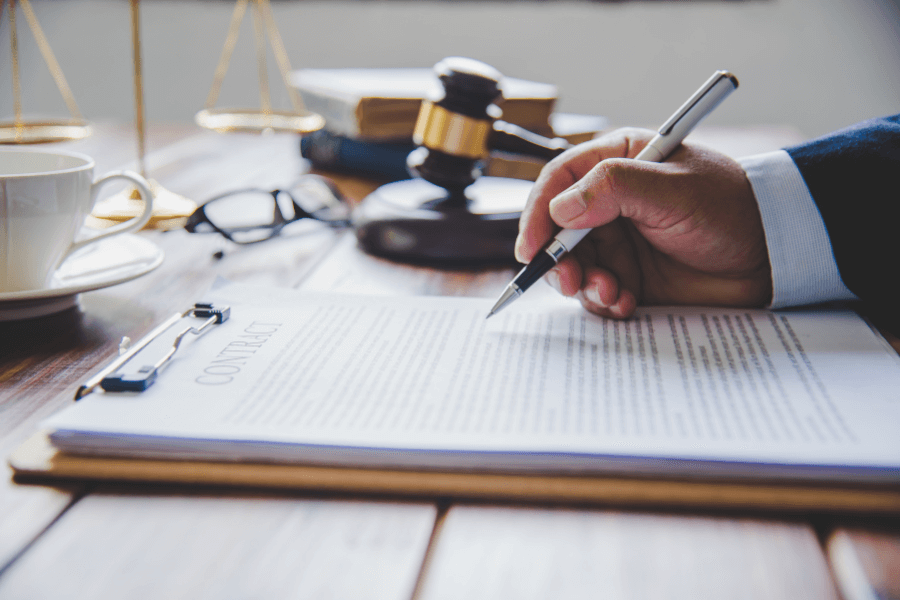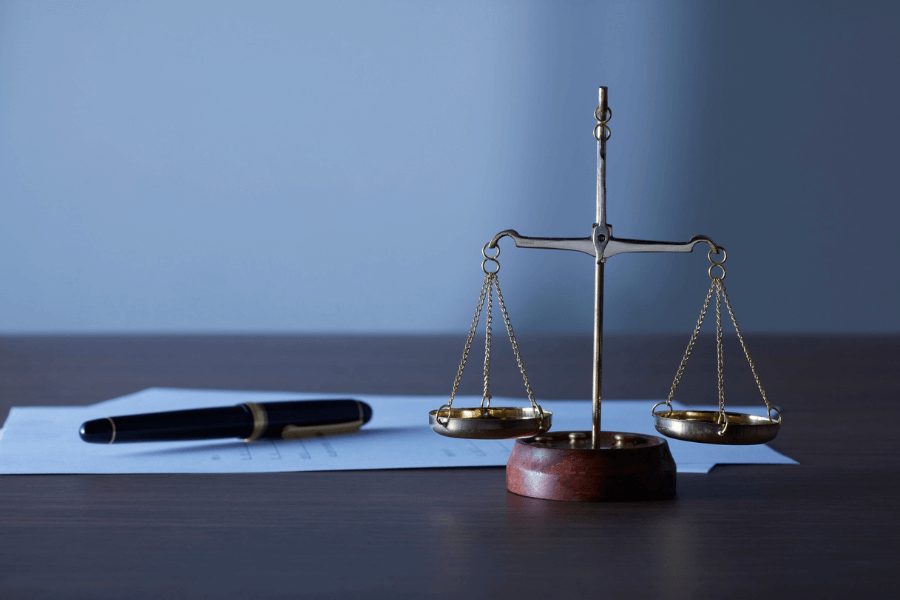How extrajudicial reports can anticipate results in accounting and legal disputes
In today’s legal landscape, where disputes involve substantial volumes of accounting information, complex financial contracts, and sensitive business responsibilities, a simple rhetorical argument is no longer enough to support a case. Robust, impartial, and well-documented technical evidence is essential — and it is precisely in this context that extrajudicial reports become strategic tools.
Prepared before the formal filing of a lawsuit, extrajudicial reports aim to shed light on technical facts based on accounting and financial evidence, enabling lawyers and managers to build stronger, more assertive, and safer strategies. These documents not only legally support legal petitions but also have the power to anticipate scenarios and, often, avoid litigation altogether.
In this blog, you will understand the role of extrajudicial reports in dispute preparation, how DFEXA operates in each phase of the process, and why this tool is becoming essential for lawyers, legal departments, and governance committees.
What is an extrajudicial report and why does it matter?
Unlike a judicial expert report, which requires the appointment of a court-assigned or arbitrator-appointed expert, the extrajudicial report is prepared at the request of the interested party, usually with the objective of anticipating a dispute. Its purpose is to technically translate the accounting, tax, or financial facts involved in the case.
The importance of this instrument lies in its power of anticipation. With it, it is possible to assess risks, test legal hypotheses, identify inconsistencies, and simulate the financial impact of contractual clauses or administrative actions. By allowing these variables to be understood before legal proceedings begin, the report contributes to more informed and strategic decision-making.
Many law firms and legal departments have already incorporated the extrajudicial report as a standard practice. In corporate disputes, it serves as a basis for equity appraisal. In contractual conflicts, it reveals defaults, financial imbalances, or accounting omissions. In tax matters, it can assist in evaluating tax assessments or preparing a technical defense. The versatility of this tool makes it a powerful ally.

How the extrajudicial report strengthens the pre-litigation phase
The pre-litigation phase is often overlooked by those who fail to understand the value of technical preparation. However, it is critical to the success of any dispute.
In practice, this is the stage where key legal and strategic arguments are defined. It is also when risks can be mitigated and the most effective paths for conflict resolution are outlined. A well-prepared extrajudicial report provides the technical input needed for legal teams to draft a well-founded and secure initial petition.
At DFEXA, this work begins with meetings with lawyers to align expectations, understand the context, and define the main technical hypotheses to be tested. Then comes the document analysis phase, which may include balance sheets, management reports, tax records, contracts, emails, internal spreadsheets, ERP logs, and any evidence that may support or refute a given argument.
In the end, the team structures the report using clear, neutral technical language based on Brazilian standards for accounting, expert reports, and compliance, always respecting the ethical and legal boundaries of technical work.
It is precisely this combination of thorough analysis and strategic presentation that makes the extrajudicial report a true tool of persuasion, even without formal legal binding.
Practical applications in judicial and arbitral disputes
Although extrajudicial reports are prepared before legal or arbitral proceedings begin, their usefulness extends throughout the entire dispute.
In judicial cases, it can be attached to the initial petition as a technical document supporting the party’s claims. In many cases, it serves as a reference for the court-appointed expert, who may adopt (or challenge) the foundations presented. In responses or replies, it helps strengthen legal arguments, including by comparing different versions of the facts.
In arbitration, this type of report is even more valuable due to the process’s more flexible and technical nature. Specialized arbitrators appreciate well-substantiated documents presented early on, which can contribute to faster judgments focused on technical matters.
DFEXA also participates in arbitral proceedings as a technical witness, attending hearings, clarifying arbitrators’ questions, and reinforcing the conclusions of the report. This active presence enhances the credibility of the work and increases its impact on decisions.
DFEXA’s methodology for extrajudicial reports
The experience of Marcelo Alcides Carvalho Gomes and Julianne Godoy, founders of DFEXA, has allowed the company to develop a highly effective methodology. With over 30 years of experience in accounting and forensic expertise, the consulting team understands that each dispute demands a unique approach.
That is why the reports are structured based on a three-pillar methodology: strategic diagnosis, in-depth analysis, and strategic writing.
This attention to each stage ensures not only a technically flawless document but also one with concrete strategic value for those leading the dispute.
When an extrajudicial report prevents litigation
Often, the greatest impact of a report is not in supporting a case but in preventing it. There are situations in which, after receiving the opposing party’s extrajudicial report, one party decides not to proceed with litigation. Or, faced with the evidence presented, finds it more prudent to settle than to face a court battle.
There are also situations in which the client, after reviewing the report, realizes their legal arguments are not supported by the technical facts and decides not to move forward with the case. This prevents financial losses, brand damage, and unnecessary public exposure.
Conversely, there are cases where the report serves as a basis for more balanced negotiations, as it reveals data previously unknown to one of the parties, such as accounting omissions, misinterpreted clauses, or significant calculation errors.

Beyond litigation: reports for boards, committees, and compliance
DFEXA’s work goes beyond the legal realm. Extrajudicial reports are also used to support boards of directors, audit committees, compliance departments, and internal investigations.
Companies facing fraud suspicions, misconduct, governance failures, or non-compliance with CTA-30 or LGPD, for example, can use these reports to support internal decisions, define communication strategies, and demonstrate transparency to investors and stakeholders.
This type of work requires not only technical mastery but also discretion, ethics, and credibility — pillars that guide DFEXA’s performance in all its projects.
When technical work anticipates the outcome: trust DFEXA’s expertise
Anticipating the risks of a dispute is always more advantageous than facing them unprepared. With extrajudicial reports prepared by DFEXA, you transform complex data into clear evidence, avoid unpleasant surprises in court, and build a reliable technical narrative from the start.
Whether for legal action, arbitration, business negotiation, or internal decision-making, having a team of experts prepared to interpret documents, cross-reference data, and draft strategic analyses is essential.
DFEXA combines experience, impartiality, and technology to offer customized solutions for each client — focused on real results. If you’re facing a potential dispute or want to better prepare for technical decisions, contact us.
We are ready to support you with excellence, depth, and technical intelligence.
Read Also

